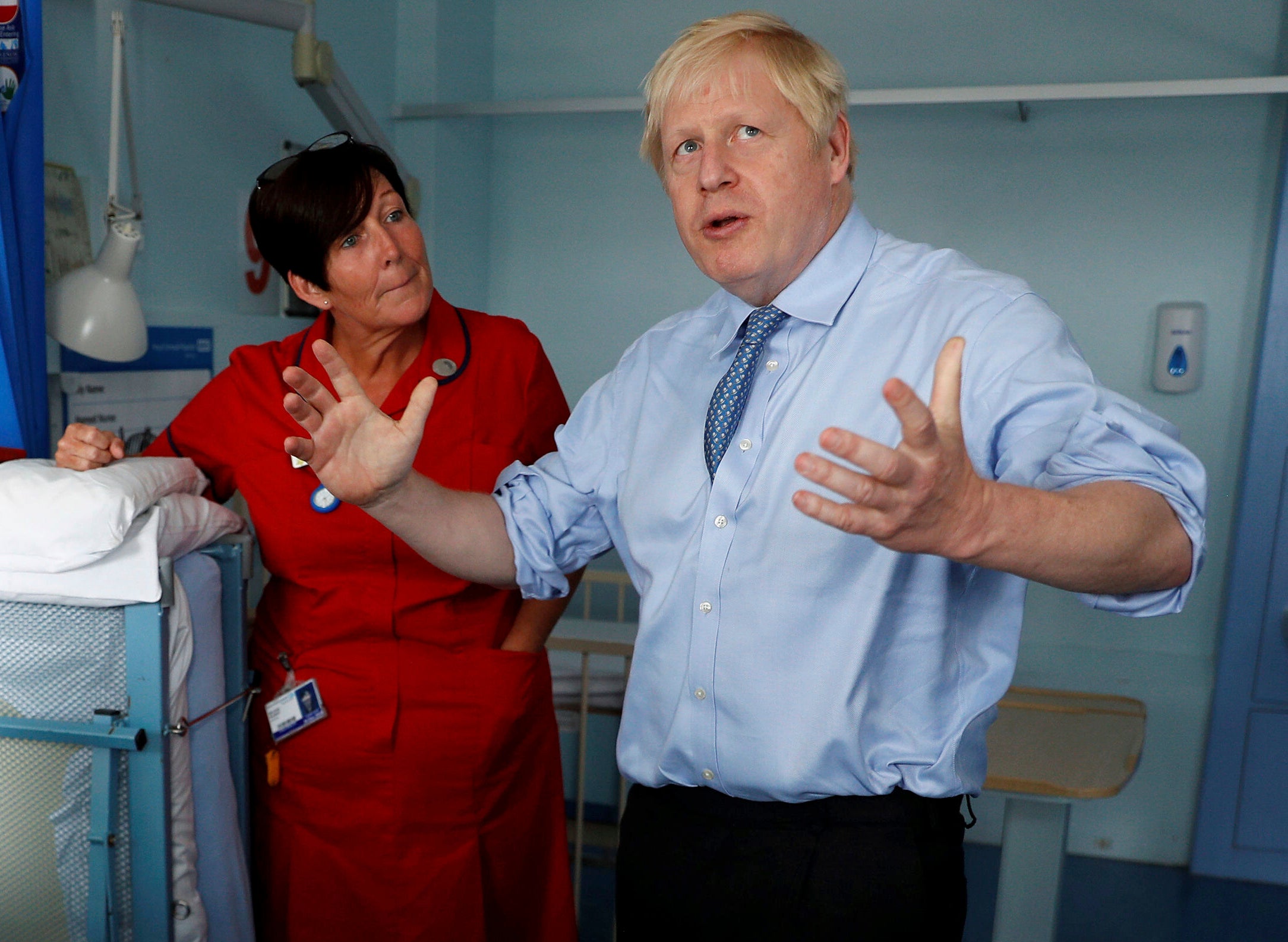No deal does not mean ‘never deal’ – the squabbling must come to an end
Editorial: The only positive thing that can be said about Boris Johnson’s latest missive regarding the Irish backstop is that it is well written. We know it will go unheeded, so what is there left for the European leaders to discuss?

The best that we can say about Boris Johnson’s letter to Donald Tusk, president of the European Council, is that it is well written. It sets out cogently the case for renegotiating Theresa May’s withdrawal agreement, without resorting to the populist sloganeering to which the prime minister is prone.
In brief, Mr Johnson’s letter says that the protocol on the Irish border, known as the backstop, is “unviable” – a careful word – because the UK parliament will not vote for it. This is true, and it is no use the EU side simply remaking the argument for the backstop. It is tempting to repeat the need for a guarantee of an open border. That argument is right and unanswerable, but it has no prospect of success.
So the question is: what is there for Mr Johnson and EU leaders to talk about?
It is just possible that Angela Merkel and Emmanuel Macron will agree to changes to the backstop that would make it more palatable to British MPs, but it is hard to see what they might be. The scope for creative ambiguity about the words “guarantee”, “open” and “Irish border” is limited and has been exhausted over the past three years.
What was conspicuously missing from Mr Johnson’s letter was anything specific as to how further UK “commitments” could give the EU side “a degree of confidence about what would happen” if “alternative arrangements” for the border were not in place by the end of the transition period.
In which case, we should take the prime minister seriously when he declares it his intention to take the UK out of the EU without agreement. This would be damaging to the country in the short term, as the leaked Operation Yellowhammer document made abundantly clear. For our government to be contemplating a course of action that is likely to lead to medicine shortages is remarkable.
What could be even worse, however, is that leaving without a deal is not the end of the matter.
As soon as the UK has left the EU, it will want to negotiate terms of trade with its largest market – terms that are better than the default tariffs stipulated by the World Trade Organisation. It will then have to settle its debts, discuss the rights of each other’s citizens and guarantee an open border in Ireland, and it would start such negotiations in a weaker position than today.
No deal does not mean “never deal”; it means “no deal for an unspecified period after 31 October”.
It is time, therefore, for MPs to act with unity and resolve to stop a no-deal Brexit. The squabbling between opposition parties needs to end, and Jeremy Corbyn must step up to his responsibility as leader of the opposition – with more emphasis on the word “leader” than on “opposition”.
The best way in which Mr Corbyn could show leadership would be to abandon his insistence that, if there is to be a caretaker prime minister, it should be he. In his speech yesterday, Corbyn said Labour was prepared to do “everything necessary” to stop no-deal Brexit. If that means he has to stand aside for Kenneth Clarke or Harriet Harman, that is a price he should be eager and willing to pay.
Join our commenting forum
Join thought-provoking conversations, follow other Independent readers and see their replies
Comments